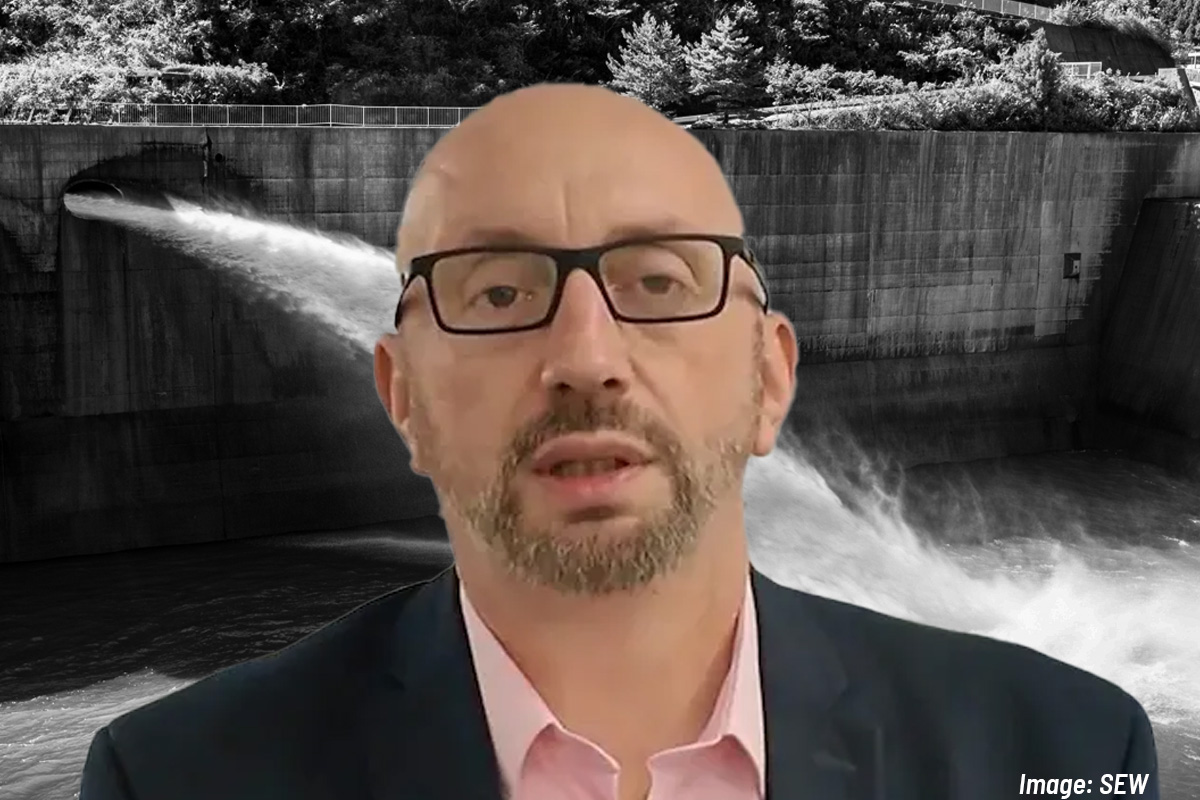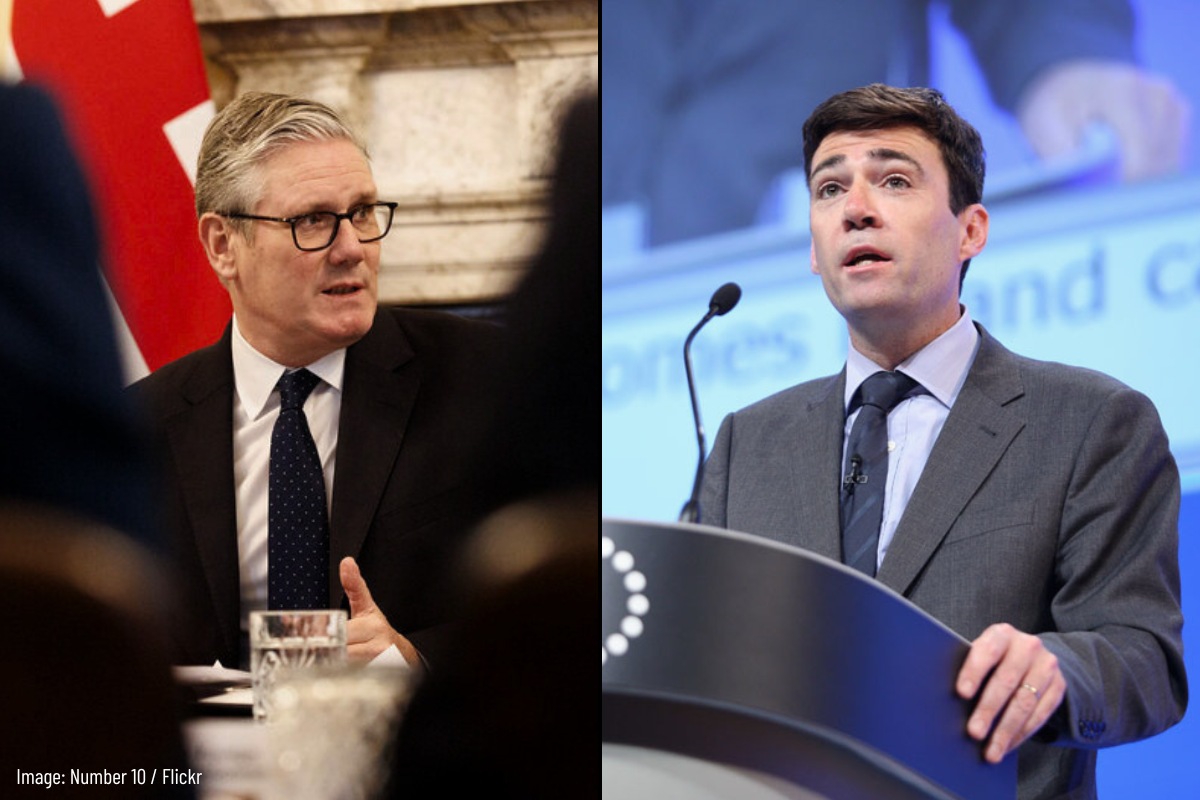At this year’s trades Council conference, the West Mids delegate was asked to do the traditional vote of thanks speech – so he decided to tell the delegates a little fairy story. Here it is. Please note that any connextion between this and the current UK situation is purely intentional!
When this tale is told it has different
effects on different people. For those at the top of our movement it has the
effect of sending them to sleep as if they were in some kind of deep torpor and
rendered incapable of doing anything. For ordinary people it has the effect of
making them angry and the more they hear the tale, the angrier they get.
Despite these different effects the vigour of the tale is not lost in the
telling.
The tale is about the peoples of two
islands on the edge of a large ocean. I say two islands but in reality the
peoples lived on one and on a small part of the other. For the most part the
peoples were content in their lives and enjoyed a relatively decent standard of
living. However, amongst them were a large part of the population that was poor
and a small part that was very, very rich.
The rich part was not content. It thought
that it deserved more for all the hard work that they did. They wanted more
than they had so they decided to do something about it. They went to the
political people and told them that they had a new idea. They could make money
from money. The more money they made, the more taxes they paid and everyone
would be a winner. I say more taxes but the reality was that they had many ways
of not paying taxes.
The political people were a bit hesitant
because they had been used to people making money from making things that they
could buy and sell. They were also worried because if people had more money, it
might lead to higher prices and everyone would lose out.
The money people however thought that they
were very clever. Firstly, they said it might not lead to more people having
more actual money in their pockets as it could all be done electronically. In
addition, when more people had money they could buy cheap things from the great
empire in the east and that would keep prices down. And if there were prices
rises, it would only affect the dwellings that people lived in.
The political people asked more or less the
right sort of questions and the main question was how it was possible to make
money from money. The money people didn’t really know how it worked but they
gave the system fancy names like collateralised debt obligations and were
making loads of money from it. The system seemed so good that it came to pass
in the early summer of 2007 that the chief representative of the political
people went to a great dinner hosted by the money people in the heart of the
capital city and praised the new creators of wealth, the money makers.
It was not long after they had been
lavished with praise that things started to go wrong for the money people. It
turned out that they were making money from giving out loans and then trying to
protect themselves by selling the debt bundles that they had. Everything had
been going well until many people who had been given the loans found that they
could not repay them. Now the money people had a problem as they had big debts.
So they went to the political people and
asked them for help. The political people were very kind and asked the money
people two very basic questions. How much do you want and when can you repay
the money? The money people answered the second part of the question by saying
that they didn’t know, but for the first part of the question they said that if
they could have a pot of about 1.3 trillion currency units and were able to
take out money when they needed it, that would probably solve the problem.
The political people agreed and the great
houses of the money people called banks began to fill up with money that the
political people had been taking care of for the ordinary people. It had been
hoped that by the money people having extra money they would give out more
loans so that ordinary people could buy the things they needed or even pay off
their loans. But this did not happen and the money people gave their system
fancy names like recapitalisation. So ordinary people could not get the money
they needed so they did not buy as much as they did before. As their buying
fell so people stopped making things and as the making of things fell, so
people lost their jobs and as they lost their jobs they stopped paying taxes.
Pretty soon it wasn’t the money people who
had a problem but the political people as they did not have enough money to pay
for all the services that ordinary people needed. And the debt of the political
people just grew and grew.
So the political people went to the money
people and asked to borrow some of the money that they had loaned to the money
people. The money people hummed and haahed and said things like perhaps and it
all depends. For now it was the money people who were worried. They were not
sure that if they gave any loans to the political people, they would be repaid.
For once upon a time it was the money people in their big houses who had a debt
but now it was the political people who had a debt and they had a fancy name
for it – sovereign debt.
The money people however did not want to
appear too mean as they had been treated very well by the political people who
had helped them when they were in a bit of a mess. So they said to the
political people that if they took action to reduce their debt, then the money
people would think about lending them money but they would also charge the
political people for the loan. The political people made promises that they
would reduce their debt despite the fact that the ordinary people of these
islands would suffer the most even though they had had nothing to do with the
problem in the first place.
The political and the money people soon
came to an agreement and pretty soon everything was back to normal. The money
people were very happy as they were now making big profits and giving even
bigger bonuses to their most important people.
Everything seemed to be going well once
again but then in the distance there could be heard a growing clamour as the
ordinary people began to make their voice heard. They were not happy about what
was happening and they were even more annoyed when they read things in the
newspapers such as the news that appeared in a paper called the Grauniad. On
Wednesday May 12th 2010 they read the following.
“The new government will have to follow the
market’s guidelines, investors warn. ‘The bond market will rule the UK whoever’s
prime minister,’ said Gary Jenkins, a credit analyst at Evolution Securities.
Active bond investors, known as Bond
Vigilantes, forced the European Union into a $1trn (£650bn) debt rescue
programme for high-deficit countries, and also pushed the US
administration of Bill Clinton into draconian budget cuts.”
When the people read things like this the
clamour grew louder. They began to ask why it was that the money people who
nobody had elected had more power than the political people who had been
elected.
As the clamour grew some of the ordinary
people turned to the writings of an ancient philosopher from the land of the
Teutonic peoples and in particular they looked at the third volume of his great
work on money and looked up in the index the words “fictitious capital”. And
here they found an explanation as to what was really going on.
Other ordinary people turned to the past to
look for an answer to their problems and they could hear the faint echoes of a
refrain from the decades of the 1970s. The refrain had been penned by the youth
from the north west
of the main island, called Scouseland. The youth had taken over the melody of
an ancient nationalistic hymn from the time when these islands were a great
world power and now this hymn had new words. The chorus of this new song said,
“We want nationalisation, we want workers’ control, we want union freedom and
the Tories on the dole.”
For some the song brought back wonderful
memories of a time when ordinary people had decided that enough was enough and
they had left their places of work and taken to the streets to protest about
the way that they were being treated. Now they were asking if it was the time
to do such things again as everything that they had fought to win was now being
threatened. They did not know from one day to the next if their swimming pool
or library, their health care or schooling, their jobs and conditions would be
saved from the cuts that the political people were making.
They found some profound wisdom in the
writings of the great Teutonic philosopher, such as “History repeats itself,
first time as a tragedy, second time as a farce.”
The ordinary people realised that they did
not want to be the victims of a farce so they began to get organised. They went
to the organisations that they had to defend themselves at work and looked for
answers. They went to the organisations of the political people and looked for
answers. And at this moment in time they are still looking but are certain that
they will find the answers. And the answers will depend on who is there in
these organisations to help in the search for answers.
This is the end of the tale, but the real
end has still to be written. And the real end is not all that far away.






